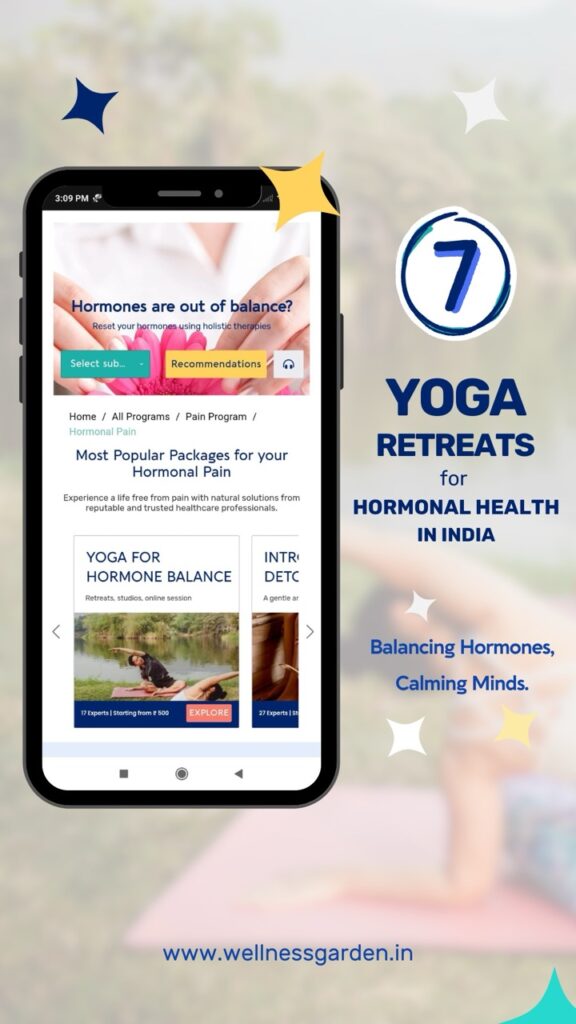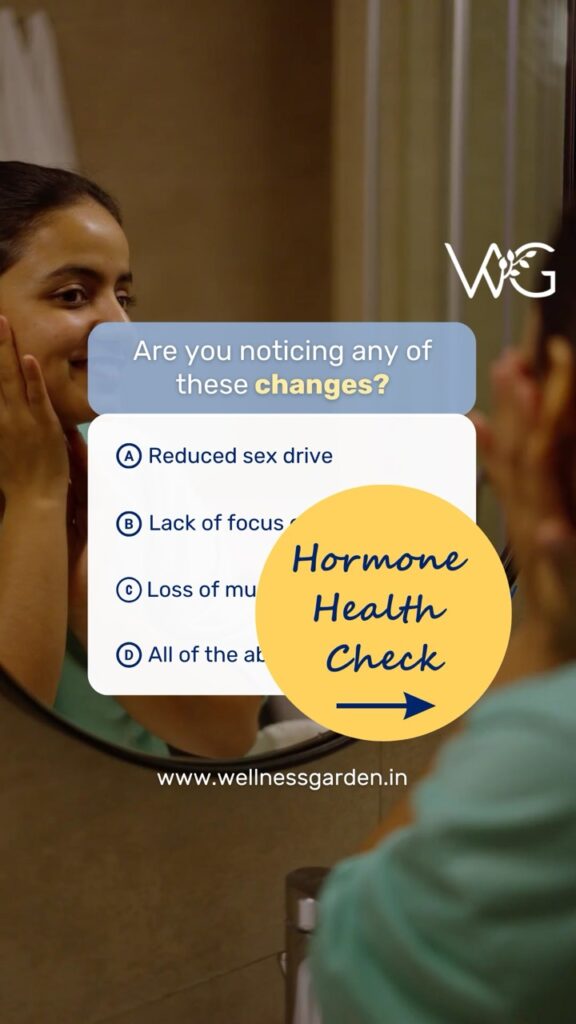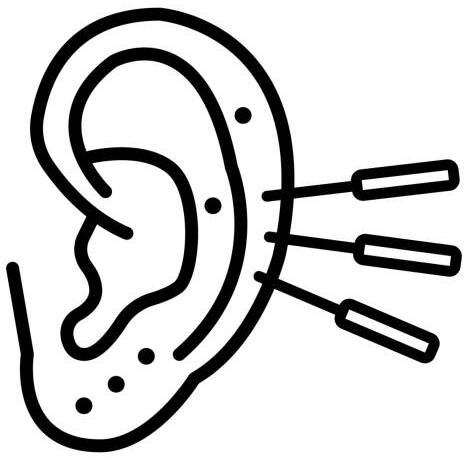Navigating the World of Alternative Healthcare Treatments: A Beginner’s Guide
- Specialties & Therapies
- 3 Min
- July 29, 2024
- Good Health, Traditional Medicine
Learn How to Choose the Right Holistic Therapies for Your Needs
This guide explores the diverse world of holistic approaches, offering insights into how they work for your well-being by treating the mind, body, and spirit as one. Discover the benefits of non-invasive techniques and all natural remedies, and learn how to find the right therapies tailored to your unique health needs. Embrace a journey towards improved overall health and well-being with our comprehensive blog to alternative healthcare treatments.
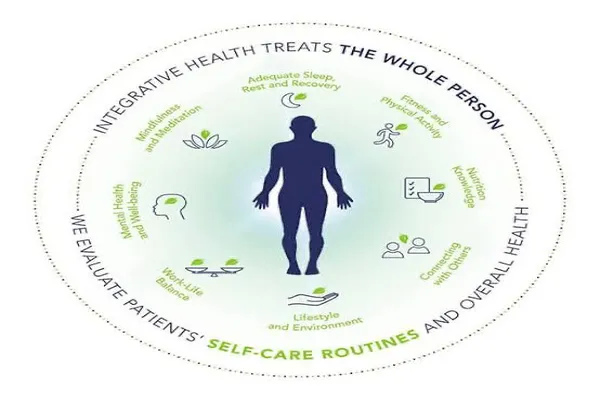
As they provide specific attention while focusing on the root causes of health issues, these holistic methods are not just trendy; they are fast becoming a vital part of lots of people’s health care regimens. Alternative therapies in health and medicine, like acupuncture, herbal remedies, and yoga, seek to enhance your overall wellness in a gentle and complete manner. It’s like offering your body with a bit more love and attention than traditional treatments do.
Understanding the difference between Alternative, Complementary, Holistic And Integrative approaches
Alternative Therapies Acupuncture and herbal medicine are examples of alternative therapies in health and medicine that serve in place of conventional health services and focus on non-mainstream practices as revealed in the NIH report.
Holistic Therapies: Use the whole individual’s body, soul, and mental state by integrating traditional and alternative practices. It works together with conventional medicine.
Integrative Medicine: Combines standard medical treatments with alternative therapies in health and medicine, personalizing care by using both approaches.
Complementary Medicine: Use alongside conventional treatments, like yoga or diet changes, to enhance and support traditional medical care.
Why do individuals switch to Alternative therapies?
People often choose alternative therapies for various reasons. They prefer solutions that are made using natural ingredients and have no side effects. These treatments usually follow a personalized approach, treating the whole person rather than just their symptoms. They also support an integrated approach to wellness that includes mental, physical, and spiritual care. A lot of individuals prioritize proactiveness and better health, as these approaches have long-term advantages. Additionally, alternative treatments can tackle the underlying causes of your problems that traditional therapies can ignore.
Common health challenges addressed
- Acute pain: healing from conditions such as migraines, back pain, and arthritis.
- Anxiety and Stress: Relief of sadness, worry, and stress.
- Gastro Problems: Feels better when acid reflux and IBS are present.
- Sleep Issues: Controlled insomnia and better quality of sleep.
- Immune support is the process of bolstering the defenses against disease.
- Hormone Disorders: Support for conditions like thyroid disorders and menopause.
- Skin Conditions: Improved in psoriasis, pimples, and eczema signs.
Types of Alternative therapies
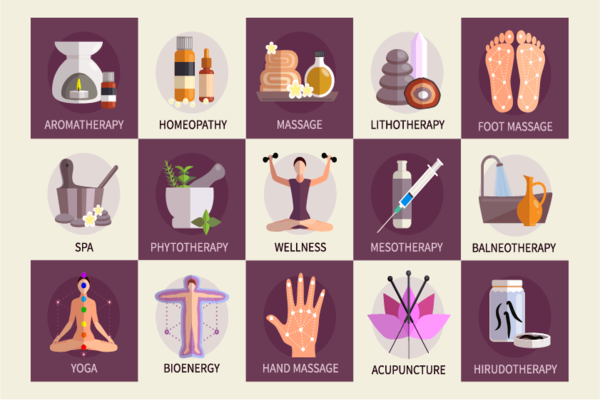
Acupuncture
Acupuncture involves inserting small and thin needles into particular points on your body to stimulate energy flow and foster healing. In this therapy, practitioners typically undergo 3-4 years of specialized training and are commonly used for pain management, anxiety relief, and overall wellness.
Massage Therapy
Massage therapy uses various techniques to treat specific groups of muscles and soft tissues, boosting relaxation, reducing stress, and alleviating pain under the expert training usually requiring 500-1000 hours and are beneficial for improving circulation and enhancing physical and emotional well-being.
Cupping Therapy
Cupping therapy involves placing cups on the skin to create suction, which improves blood flow and promotes healing.Treatment typically with practitioners of 3-4 years of specialized training and often used for pain relief, inflammation reduction, and relaxation.
Naturopathy
Naturopathy is based on a natural healing method including diet, exercise, and lifestyle changes, to support the body’s ability to heal itself. Initial consultations with experts that require a 4-year doctorate program in many countries., can last up to 90 minutes, with follow-up sessions. It may incorporate herbal medicine, acupuncture, and other natural therapies.
IV Therapy
IV therapy provides vitamins, minerals, and other nutrients directly into the bloodstream for quick and effective absorption. Treatments are used to boost energy, strong immunity, and support overall health.
Yoga and Meditation
Yoga combines physical postures, breathing exercises, and meditation to improve flexibility, strength, and mental clarity. Meditation practices can help calm the mind, minimize tension, and enhance overall well-being under experts whose training programs typically range from 200-500 hours.
Herbal Medicine
This treatment uses plants and their extracts to cure various health conditions, during which they will recommend specific herbs to be taken as teas, tinctures, or supplements to support the body’s natural healing processes.
Aromatherapy
Aromatherapy utilizes essential oils extracted from plants to improve physical and mental health. Sessions can depend on whether the oils are inhaled, applied to the skin, or used in baths to enhance relaxation, relieve stress, and improve your mood.
Who should use caution/ avoid?
Individuals with serious health conditions, allergies or sensitivities, pregnant or nursing women, and those on specific medications should consult healthcare providers before pursuing alternative health treatments.
Adopting Alternative healthcare treatments in your daily life
Incorporating alternative therapies into your routine can be simple and beneficial. Here are some ways to get started:
- Daily practices: Start with 15-20 minutes of yoga or meditation to reduce stress and enhance mental clarity. Use essential oils for relaxation.
- Weekly routines: Drink herbal teas for better sleep and digestion. Practice journaling or deep breathing for stress reduction.
- Seasonal practices: Implement seasonal cleansing to eliminate toxins and increase energy. Adjust diet and lifestyle according to the season, like staying cool in summer with appropriate foods.
- Monthly therapies: Consider regular acupuncture or massage sessions for specific health concerns.
- Consult experts: Regularly meet with naturopaths or herbalists to tailor practices to your health goals.
Remember, these practices aim to complement, not replace, conventional medicine. Always consult healthcare professionals before starting new health regimens.
Tips before taking an Alternative remedies session
- Consult a Qualified Practitioner: Always seek advice from a professional to ensure the therapy is right for you.
- Discuss Your Health History: Share your medical background and any current health issues with your therapist.
- Communicate Openly: Be clear about your needs and expectations.
- Be Patient: Healing processes can take time, so give yourself a chance to adjust.
- Review Any Aftercare Instructions: Follow any guidelines provided by your therapist to maximize benefits.
Frequently Asked Questions
- Are alternative treatments safe for me ?
Generally, yes, but it’s important to consult with a healthcare provider, especially if you have pre-existing conditions or are taking other medications.
- Can I use alternative therapies alongside conventional treatments?
Absolutely! A lot of individuals find that combining both approaches provides comprehensive care and better outcomes.
- How do I find a certified practitioner or doctor?
Look for practitioners with proper certifications and training from recognized institutions. Recommendations from trusted sources can also be helpful.
- How did I choose the correct therapy for me?
Consider your health goals, preferences, and any existing conditions. Consulting with a healthcare provider or a qualified practitioner can help you make an informed decision.
Bottom Line
Wellness Garden is dedicated to boosting your quality of life through fun, effective methods. We provide Laughter Yoga classes to enjoy the delight of laughing on the path to better health. This is just one of the multiple holistic therapies that we propose, Wellness Garden assists on your journey to ultimate well-being, combining ancient wisdom with modern techniques to address your unique health needs.
Our non-traditional therapies can improve overall wellness, both physically and mentally. You can get a truly balanced approach to wellness by consulting with therapy experts and implementing our therapies into your everyday routine. Come visit us to make a booking or ask questions regarding natural therapies and begin your path to a simpler, healthier life.
- Table of Contents
- • Introduction
- • Who Should Take Caution?
- • Adopting in Your Daily Life
- • FQAs
- • Bottom Line
- • References
Recent Posts
Join Our Newsletter
End note from WG Team
Dr.Geetha Kamath
Physician
Disclaimer: This information is provided for educational purposes and should not be construed as medical advice. Please consult with healthcare practitioners before undertaking any changes in wellness routines or adding new therapies.
Latest Blogs
Check out some of your blogs related to your interest.
- July 8, 2025
- Dr. Michael Breus
- 2 Mins
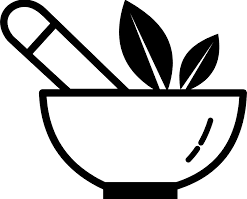
- July 6, 2025
- Dr. Harsha Unnikrishnan Nair
- 3 Mins
- July 2, 2025
- Harvard Health
- 2 Mins

- June 7, 2025
- Hopkin Medicine
- 2 Mins

